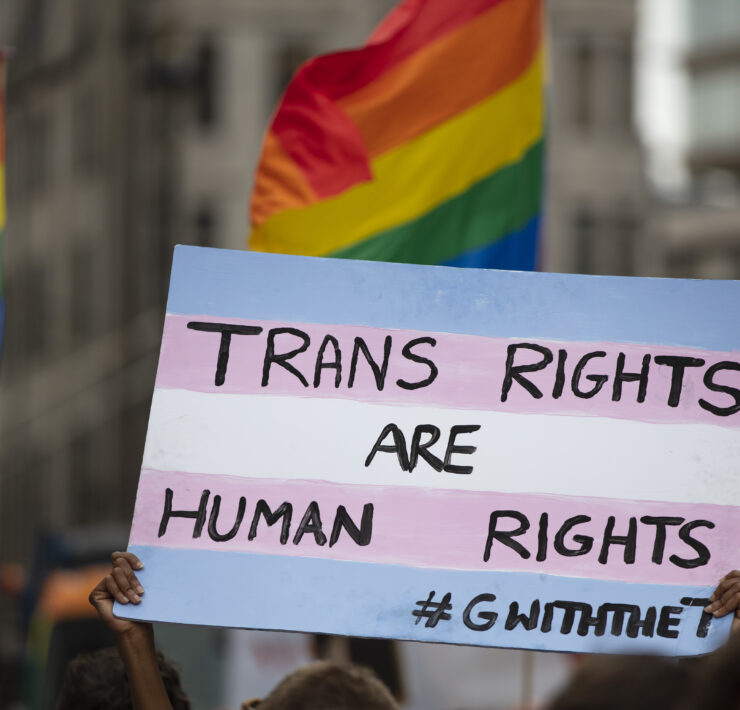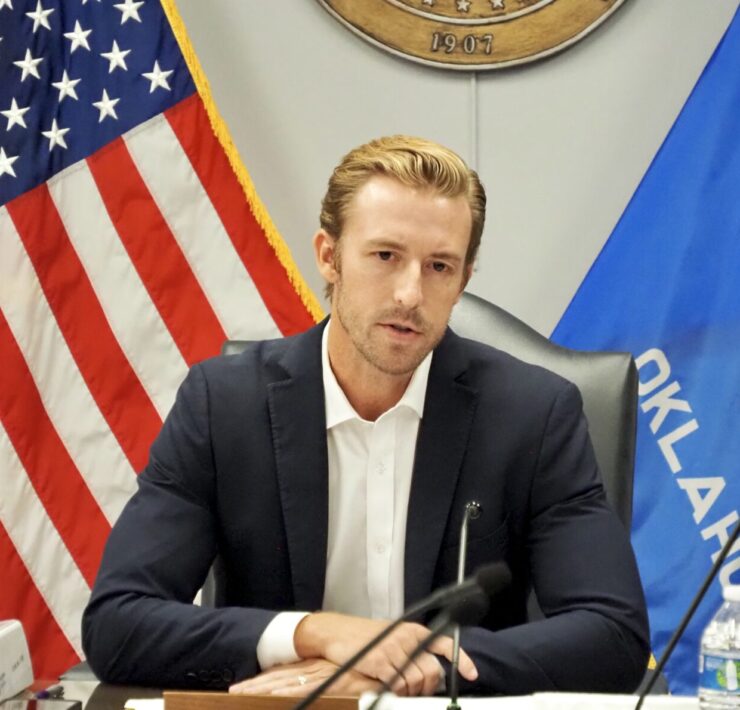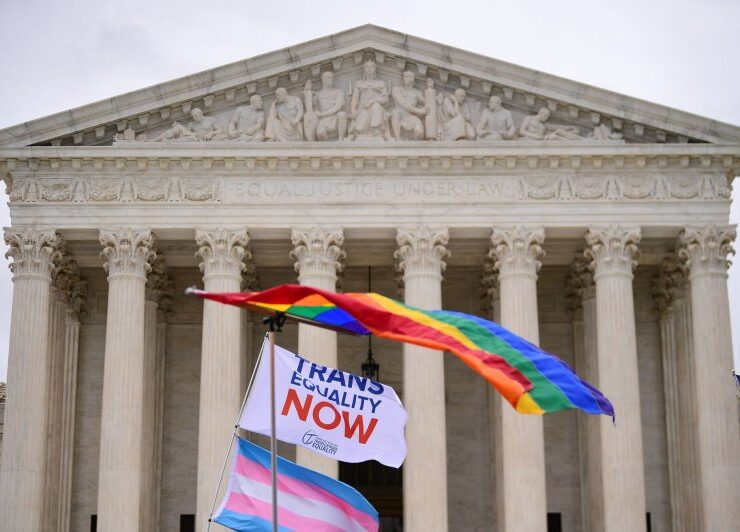Overturning ‘Roe v. Wade’ Could Lead to Birth Control Restrictions

Anne Hebert was born and raised in Denver, CO. She…
As a result of the leaked Supreme Court draft opinion overturning Roe v. Wade, some republican state and local politicians have indicated their possible support for the restriction of access to emergency birth control.
The rationale for restriction to, or an outright ban on, emergency contraception is not new. Anti-abortion groups have long argued that emergency contraception is comparable to abortion, since pregnancy is prevented by Plan B pills and intrauterine devices (IUDs) after unprotected intercourse occurs. Considering the leaked draft, these arguments may have gained some traction in states like Arkansas, Louisiana, Michigan, and Idaho. In Louisiana, state legislators have begun moving forward on a bill that classifies abortion as homicide by declaring that “personhood” begins when conception occurs.
The U.S. Centers for Disease Control and Prevention say that nearly 25% of women ages 22-49 have used emergency contraception. In addition, some predominantly republican states are attempting to curtail family planning funding to certain health centers. This would effectively limit access to birth control, specifically for low-income populations. It would also block legislative measures designed to make contraceptives more accessible. At the state level, some legislators are comparing certain methods of birth control to abortion, thereby stigmatizing the use of birth control.
In 2019, the Trump administration adopted new rules blocking Title X family planning funding from going to providers who offered abortion services or referred patients for abortions. This included Planned Parenthood, prompting closures and limiting access to a full range of reproductive health care services for many people with uteruses.
Legal arguments are further complicated by the science behind emergency contraception. The morning-after pill does not terminate a pregnancy’ the pill temporarily prevents ovulation, to stop an egg from being fertilized; the copper IUD makes sperm less likely to fertilize an egg, preventing conception from occurring. Additionally, the disagreement about when life begins fans the flames of controversy. The idea of fetal personhood identifies a fetus as a person with constitutional rights. However, the medical and scientific community argues that a fetus is unable to sustain life outside of the womb, making fetal personhood impossible.
There are increasing concerns about additional fallout if Roe v. Wade is overturned, including restrictions on same-gender marriage and other forms of intimate, personal decision-making. Warnings of excessive government control over the rights of all people to make family and intimate choices abound.
“The legal landscape surrounding abortion rights will explode overnight,” says Rachel Rebouche, interim dean of the Temple University Beasley School of Law. “The arguments that will erupt, and the litigation, and the debate around definitions like what is and what is not an abortion … the landscape we’re going to confront when Roe is overturned is going to be incredibly complex.”
Should Roe v. Wade be overturned, all sides agree that existing legislation protecting family rights will be called into question and face litigious upheaval.
What's Your Reaction?
Anne Hebert was born and raised in Denver, CO. She attended Manual High School and the University of Denver. In addition to writing, Anne has worked in music video production and loves music of all genres.










